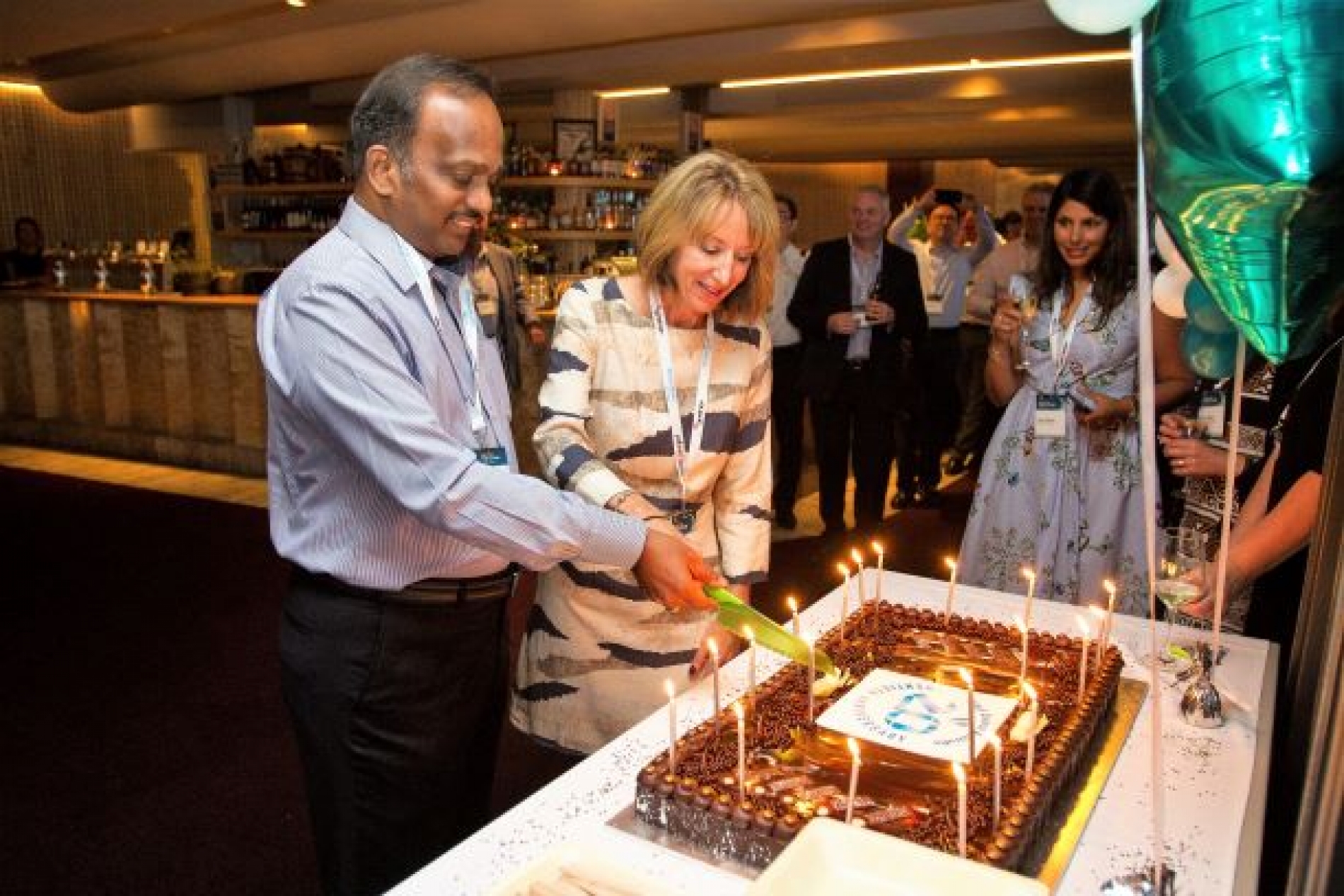The Vinyl Council of Australia is celebrating its 20th anniversary this year amid on-going progress in guiding the continuous improvement and sustainable development of the Australian PVC industry.
Founded in 1998, the nation’s peak association for the PVC value chain has made great strides in changing perceptions and advancing the material’s sustainability over the past two decades.
Key achievements include the 2002 launch of the PVC Stewardship Program (PSP) that has been fostering advancements in innovation and sustainability throughout the Australian PVC industry, for both locally-made and imported products and the introduction of the Best Practice PVC third party accreditation scheme for products.
Recognised in rating tools such as Green Star and public and private procurement policies, Best Practice PVC requires strict compliance and has driven change through product global supply chains.
Acknowledged as one of the longest-standing product stewardship programs in Australia with a full life cycle approach, the PSP currently has 47 Signatories representing the majority of the Australian PVC industry. All are committed to driving positive measurable change in five key areas, such as transparency, resource efficiency and safe and sustainable use of additives.
The information and data collected through the program has helped inform industry and stakeholders, influence product design and ensure the Australian PVC industry continues to innovate.
Industry successes include the most stringent manufacturing benchmarks for raw material suppliers; a 98% reduction in lead additive use by Signatories since 2002; compliance by 90% of Signatories with the PVC Industry Energy and Greenhouse Gas Emissions Charter; growing use of PVC recyclate in products placed in the market; research and development of innovative solutions for recycling PVC coated fabrics; and initiation of the recycling of medical devices. As the program evolves year to year, industry is driven to improve performance and reduce the environmental footprint of vinyl products along the entire value chain.
The Council’s thriving PVC Recycling in Hospitals program now operates in 160 hospitals throughout Australia and New Zealand, recycling more than 200 tonnes of high-grade PVC waste each year into new goods, such as playground mats and garden hose. Design of new product applications for the recyclate is currently being explored.
Vinyl Council Chief Executive Sophi MacMillan comments: “We have made major progress over the past two decades with some significant breakthroughs, both in how PVC is perceived and how it is increasingly being specified for sustainable applications. Through our ‘whole of life approach’ to PVC stewardship, today’s vinyl is a sound material choice.”
We have achieved this as an industry, continues Sophi, by ‘working together through a public voluntary commitment to address key aspects of the product life cycle based on credible science and life cycle assessments’.
As a low carbon and durable plastic, PVC provides solutions through its track record of stewardship, alignment with several global Sustainability Development Goals and its potential for circularity. Each tonne of recycled PVC will replace about one tonne of virgin PVC compound in new products, consuming 80% less energy and reducing carbon emissions.
In providing the platform to share information and engage with stakeholders, the PSP has developed partnerships and collaborations that are driving change through the industry and better understanding of supply chains for vinyl products placed on the Australian market.
Sophi adds: “In our 20th anniversary year, we are immensely proud of how far we’ve come on our continuous and evolving journey towards a circular economy for vinyl.”







